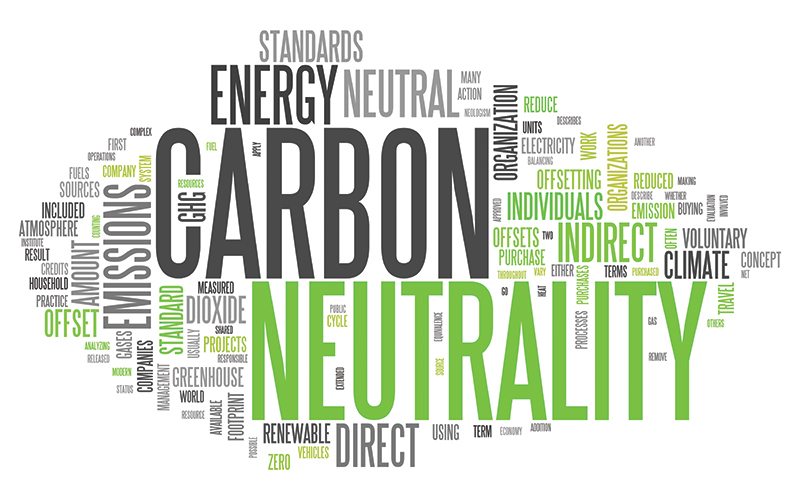In the relentless pursuit of a sustainable future, the imperative to achieve carbon neutrality has become paramount across every sector. From energy production to transportation, agriculture to manufacturing, the clarion call for action resonates louder than ever before. As the consequences of climate change loom larger, the urgency to transition towards a carbon-neutral economy becomes increasingly apparent. At the heart of this transition lies the recognition that sustainability is not merely an option but a necessity. The burning of fossil fuels, deforestation, and industrial processes has led to a dramatic increase in greenhouse gas emissions, exacerbating global warming and its associated impacts. To reverse this trend, concerted efforts are required across all facets of society. One of the most critical sectors in the journey towards carbon neutrality is energy production. Historically reliant on fossil fuels, the energy sector is undergoing a seismic shift towards renewable sources such as wind, solar, and hydroelectric power. Technological advancements and declining costs have made these alternatives increasingly viable, enabling a transition that promises not only to reduce emissions but also to create jobs and stimulate economic growth.

Simultaneously, transportation, another significant contributor to carbon emissions, is undergoing a revolution of its own. Electric vehicles EVs are becoming increasingly prevalent, offering a cleaner alternative to traditional internal combustion engines. However, achieving carbon neutrality in transportation extends beyond electrification it also necessitates investments in public transit, cycling infrastructure, and urban planning that prioritize pedestrians and cyclists. In agriculture, sustainable practices such as regenerative farming and agroforestry hold the promise of sequestering carbon in the soil and mitigating emissions from livestock and fertilizer use. By adopting these methods, farmers can not only reduce their carbon footprint but also improve soil health, water retention, and biodiversity. Similarly, the manufacturing sector is embracing the principles of circular economy and resource efficiency to minimize waste and emissions throughout the production process. From eco-friendly materials to energy-efficient technologies, innovations abound that enable manufacturers to produce goods with a significantly reduced environmental impact. However, achieving carbon neutrality requires more than just technological innovation it demands a fundamental shift in mindset and behavior.
It requires businesses to embrace sustainability as a core value, integrating it into their strategies, operations, and supply chains. It necessitates governments to enact bold policies that incentivize sustainability and penalize carbon-intensive practices. And it calls upon individuals to adopt more sustainable lifestyles, from reducing energy consumption to supporting environmentally responsible businesses. Furthermore, achieving carbon neutrality must be accompanied by efforts to address social equity and environmental justice. Vulnerable communities disproportionately bear the brunt of environmental degradation and climate change impacts, underscoring the need for inclusive and equitable solutions. The journey towards carbon neutrality is fraught with challenges, but it is also replete with opportunities. Mowa carbon neutral is an opportunity to build a more resilient, prosperous, and equitable society. It is an opportunity to harness the ingenuity and creativity of humanity to solve one of the greatest challenges of our time. Sustainability in motion is not merely a slogan but a call to action. It is recognition of our collective responsibility to safeguard the planet for future generations.